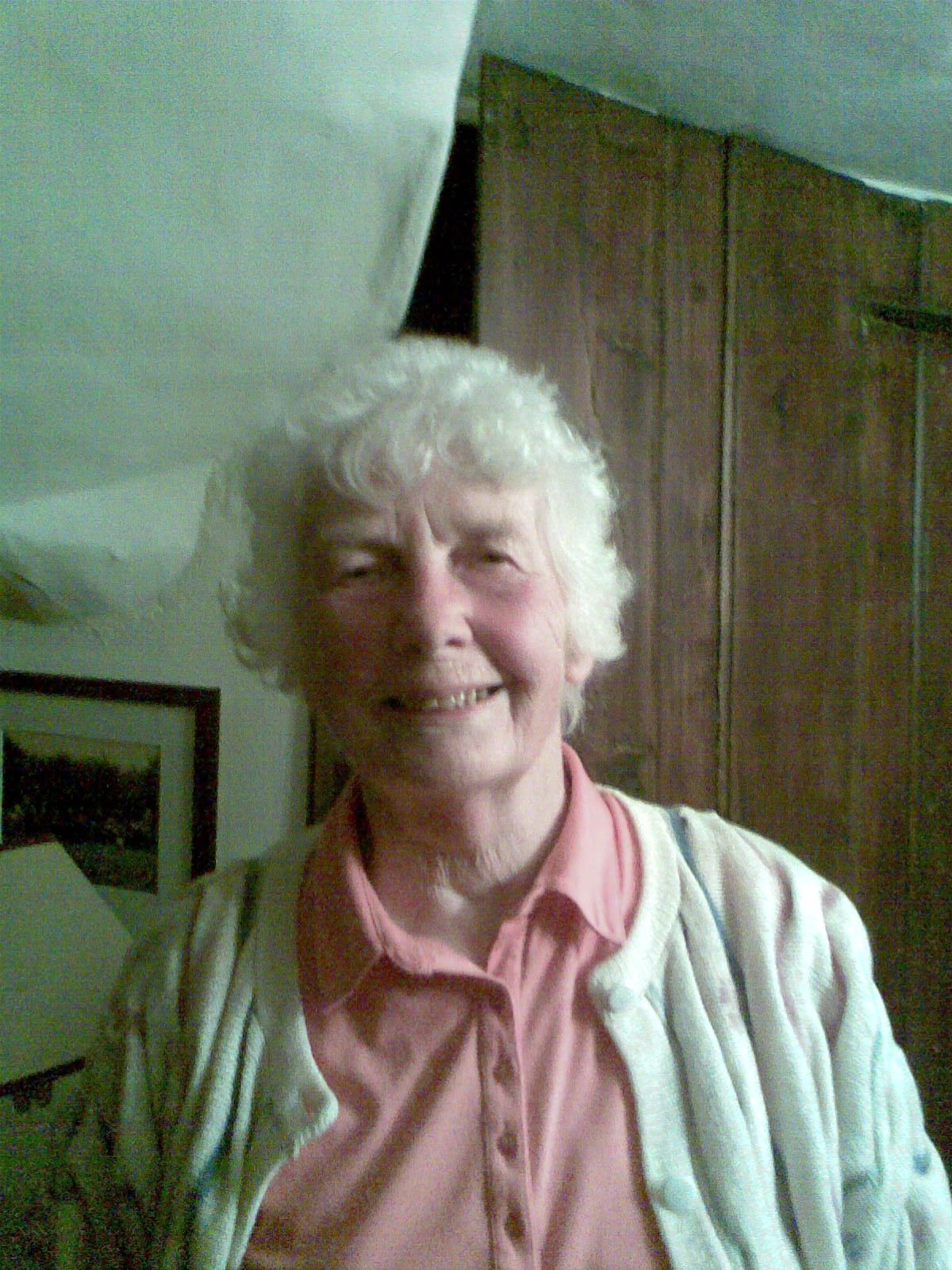 We recently watched the film “The Late Quartet” about a String Quartet faced with the loss of their key player, Peter Mitchell due to Parkinson’s disease. It is about what happens when, as Eliot wrote, “Things fall apart. The centre cannot hold.” The film explores the ways in which the Quartet responds to Peter, the group’s father figure, leaving the group. All the characters act out in their own particular ways, expressing feelings they have long repressed in the interest of the Quartet.
We recently watched the film “The Late Quartet” about a String Quartet faced with the loss of their key player, Peter Mitchell due to Parkinson’s disease. It is about what happens when, as Eliot wrote, “Things fall apart. The centre cannot hold.” The film explores the ways in which the Quartet responds to Peter, the group’s father figure, leaving the group. All the characters act out in their own particular ways, expressing feelings they have long repressed in the interest of the Quartet.
And I could quite properly leave my blog at this point, commenting on what happens when the centre cannot hold. Whether that centre is a person or an organisation of some kind. Nearly all my patients are struggling with a centre that has not held them properly over the years. My role is to become a holding centre who they can take in as a good object. A kind of fostering arrangement.
However the aspect of this film that I wanted to write about was the tension between two of the other players-Robert and Daniel. Daniel plays First violin and Robert Second. Both are complementary and vital to the Quartet, Both have very different personalities. Robert is overweight and mildly chaotic. He enjoys living in the moment. Daniel, by contrast, is strictly controlled. Music is played following the score. He is tightly controlled in all his Being. Musically he and Robert complement each other in a creative tension that works as long as there is a Centre to which they can both relate.
The Quartet have often played Beethoven’s Late Quartet’s to high acclaim. Always they have followed the score which is carefully annotated to guide the individual players in their performing of the piece. Robert longs to do without the score for one performance, arguing that this would bring a richness and aliveness to their playing. He is over ruled by Daniel who insists that they follow the score as they have always done. (Both men have a point.) Daniel’s concern is that playing without a score leaves them open to mistakes and errors which would make it harder for the other members of the Quartet to respond. “Yes!” cries Robert, “That’s my point. We would have to go with each mistake, correcting our playing to incorporate those elements. And to find a way to keep true to the music we’re playing.” Daniel will have none of it until Peter’s leaving becomes a reality for the group. Finally the Quartet play the music from memory and risk whatever comes. (The scene where one by one the musicians close their scores is exciting and moving. As is the music that follows.)
This same tension gets played out in much of my life-personally and professionally. One of my team was once asked to describe the management style of the three team leaders. “There’s Mary. For her it is always ‘We work inside the box. That way we are safe’. Then there’s Clare. For her it’s ‘We’ll work mostly in the box. Sometimes we’ll go outside of it.But, mostly, we stay in the box’.Then there’s Terry.” A long pause as she looks at me.”With Terry it’s more a case of ‘Box? What box? Oh! That box… we’ll worry about that later!'”I take that as a great compliment but am aware of the difficulties that way of Being can cause. If I have people around me who can work with me and provide me with a holding framework, I thrive. so do they. Those in my team who enjoyed my “Box? What box?” enjoyed working with me for the freedom I gave them. Others found me impossible and left.
To be continued…
Don't give up







